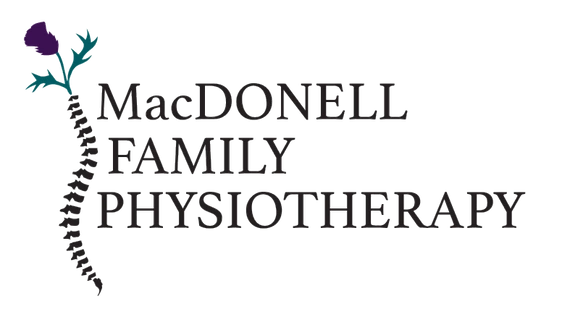BRRR IT’S COLD OUT! TALKING: FROZEN SHOULDER

Frozen shoulder, or adhesive capsulitis if we’re being fancy, is a gradual, painful condition resulting in a loss of motion of the shoulder joint.
This condition gets its chilly name because the increase in pain often causes the individual to use their arm/shoulder less. This lack of movement then causes the joint capsule to thicken and become even tighter, restricting motion further and “freezing” it in its position!
Frozen shoulder typically develops slowly, and in three stages.
Each stage can last a number of months.
- Freezing stage. Pain is quite sharp and begin to lose range of motion
- Frozen stage. Pain may be less however, shoulder becomes stiffer and note more difficulty with functional use
- Thawing stage. Slowly, range of motion begins to return
The risk of developing frozen shoulder increases for individuals who are recovering from a procedure or condition that prevents them from moving the arm. Common examples of this may be someone who has spent extended time in a sling, after an operation, post stroke or post mastectomy.
Some quick tips:
- Seek medical care from a professional as soon as possible! Physiotherapy has been shown to lessen the time spent in each stage and aid with pain
- Range of Motion Exercises – it’s important to get the arm moving safely, to progress range of motion and prevent further loss
- Use it or lose it! Avoid “babying” or compensating for the sore arm. Use it functionally within the available range of motion
- Once range of motion begins to be restored it is important to begin strengthening the muscles that support the shoulder joint
As everyone’s situation is unique always consult a registered health professional to help create a management plan that’s effective and safe for you!
Stay Cool!
